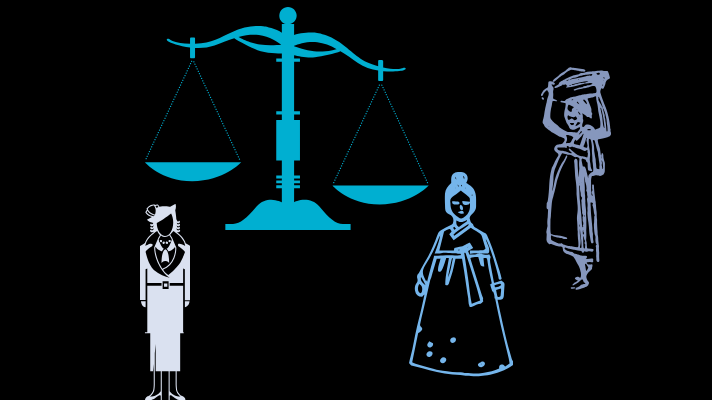By: Mercy Bayo
Despite notable progress in the previous years, women are still under respected in many cultural sectors such as arts, music, film though very common in leadership.
According to the UNDP report on gender equalty conducted in 2022, women in Uganda hold 46% of local government positions, 33% of parliamentary seats and 43% of the cabinet positions. This is a remarkable progress as it sees women in the top positions, however it still leaves room for doubt when we realize that majority of these women don’t have the power and authority to execute the decisions they ought to make. These gender disparities have frequently reinforced and perpetuated gender inequality in our society.
In Uganda today, culture is largely blamed for the continuous gender- based disparities. There are a number of cultural practices that still continue to be practiced and yet are harmful and perpetuate inequality between men and women.
Female Genital Mutilation being one of them, girls are forced into this act where their genitalia is partially or fully removed inorder to prepare them for marriage and keep them sextually active.
While men are left with the responsibility of paying dowry, they are forced to dedicate their life savings on the purchase of items such as cows which are given to the parents of the girl in exchange for her hand in marriage. This is usually done to prove whether the man will be able to handle the responsibilities of his future family.
Though this could of no doubt be considered appreciation to the family, the fact that a girl can be compared to items and property widens the gap of gender inequality.
With an aim to achieve the 5th goal of the Sustainable Development Goals as stated by United Nations, we ought to carry the responsibility of our generation, and address the harmful acts in our different cultures to the extent that even if our elders are so conservative, a voice shall be raised for those who are being tortured by these practices.
That eventually because of the continous echoing of the sounds, the elders will realize that those practices were harmful. If we are to address the main cause of gender inequality ‘culture’, we need to address it in the language that culture understands.






















Discussion about this post